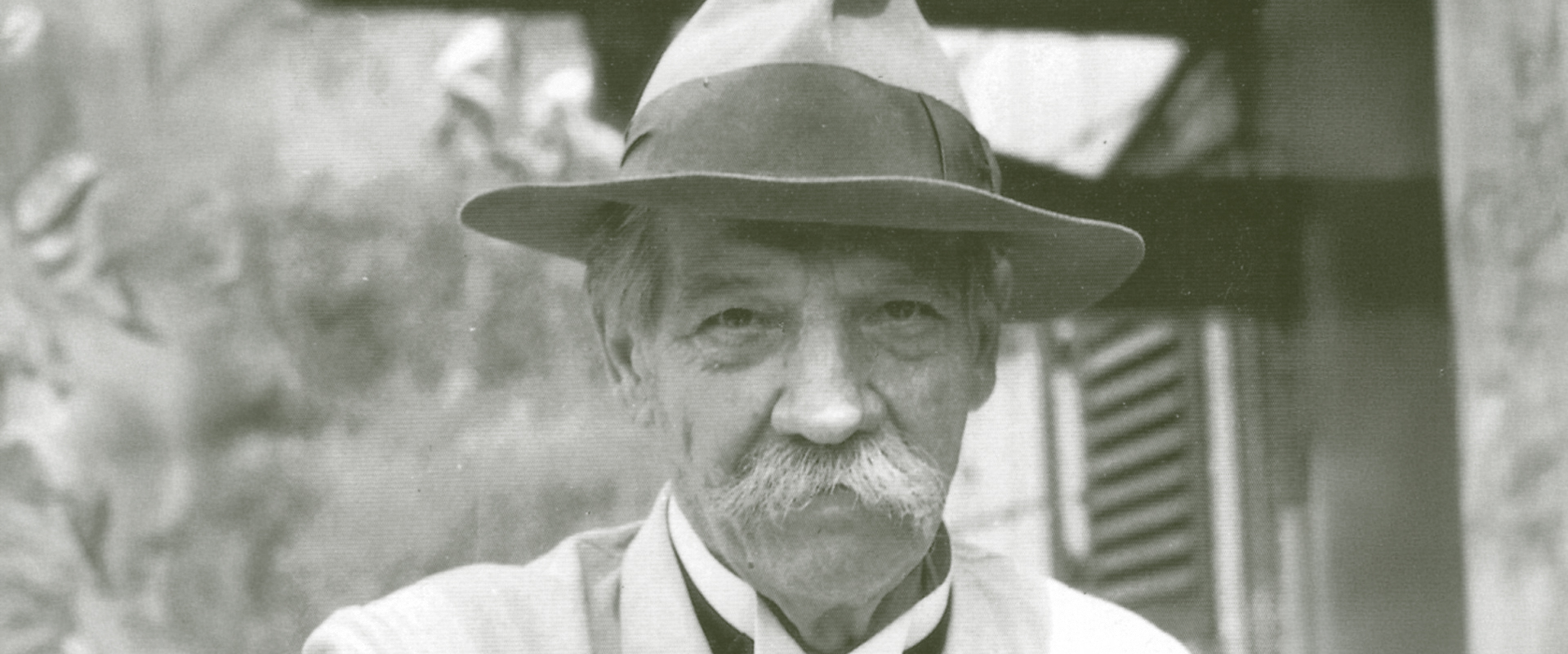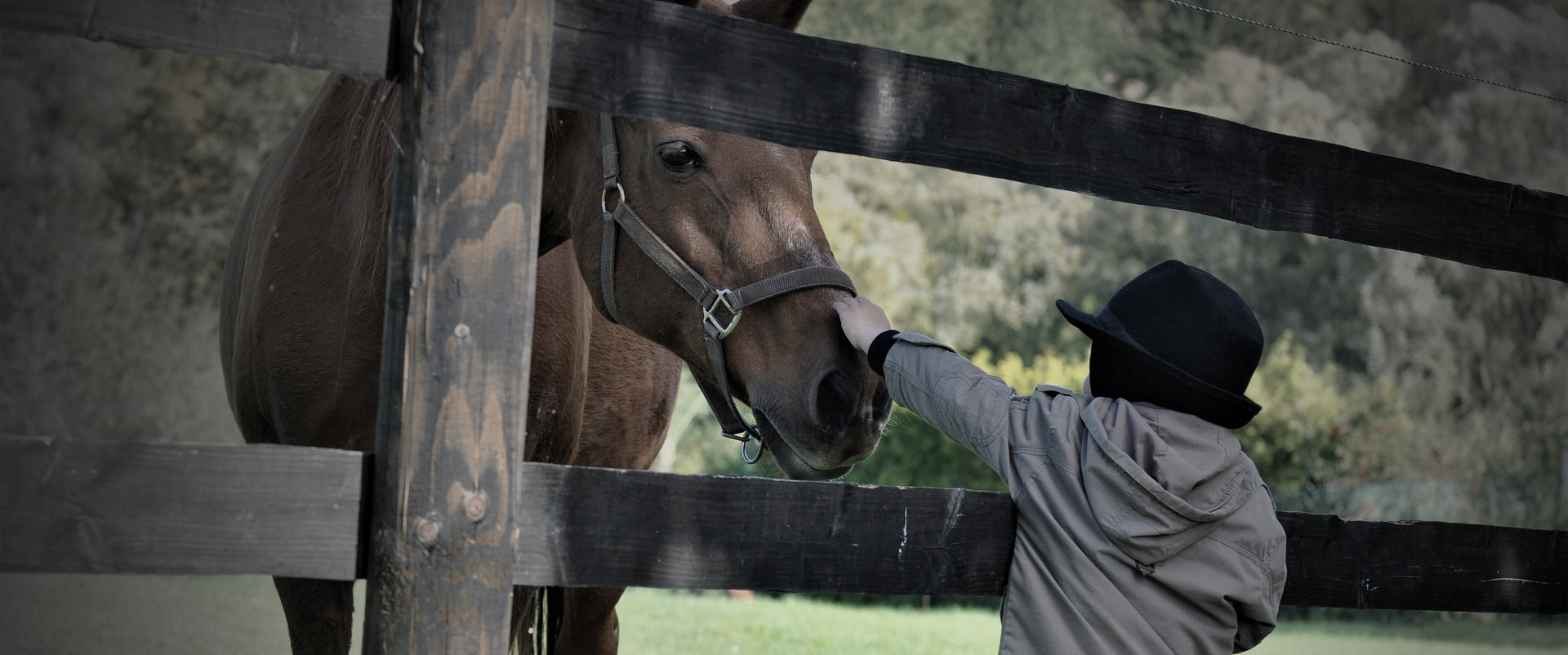We’ve all heard what Elbert Hubbard said:
“To avoid criticism, do nothing, say nothing, be nothing.”
However, for those called to do kingdom work, this just isn’t an option. The truth is, we’ll all be criticized. We just need to learn how to deal with it.
Samuel Goldwyn, founder of MGM Studios, gave his people the following advice:
“Don’t pay any attention to the critics. Don’t even ignore them!”
As impossible as that sounds, I think I know what he meant.
A good example of enduring criticism can be seen in David.
You remember the story of how the Philistine Goliath stood before the Israelite army, defying them day after day to defeat him in battle. No one believed he could be conquered; the Bible says that they were all “dismayed and shaken.”
But when a ruddy-looking red-headed teenaged shepherd boy named David happened on the scene, he got the idea that he, by God’s power, could slay this giant.
When he said something about it, his own brother spoke with burning anger:
“Why have you come down here? And with whom did you leave those few sheep in the desert? I know how conceited you are and how wicked your heart is; you came down only to watch the battle.” (1 Samuel 17:28)
David’s brother, Eliab, epitomizes the nature of critics. Here’s how.
• He was obsessed with the trivial. David was about to win a mighty battle for the glory of God, but Eliab was more concerned with the sheep.
Critics usually focus on the little picture, not the big picture.
• He made it personal. Eliab called David “conceited and wicked.”
This highlights the difference between criticism and advice. An advisor helps you evaluate your options and rethink your strategy. A critic just attacks your motives and condemns your character. As the poet Ezra Pound said…
“You can spot a bad critic when he starts by the discussing the poet and not the poem.”
• He underestimated David’s intentions. He said, “You came down here to watch the battle.”
No, David came to win the battle. He came to save the day. He was ready to do what brother Eliab and King Saul and the rest of the warriors weren’t: he was ready to risk his life for the opportunity to do something great for the glory of God. Eliab didn’t get that.
So what was David’s response?
“He then turned away to someone else and brought up the same matter.” (1 Samuel 17:29-30)
David didn’t get into a debate with his big brother about the purity of his motives or the extent of his vision. He didn’t even bother to explain what arrangements he made for the sheep. He just turned away from the criticism and talked to someone else.
And then, of course, he turned his attention to Goliath.
David had five smooth stones to work with. There was no point in wasting any of them on Eliab.
The temptation is to give critics more recognition than they deserve. The best response, however, is simply to turn away.
Turn your attention, instead, to doing that which God has called you to do.




